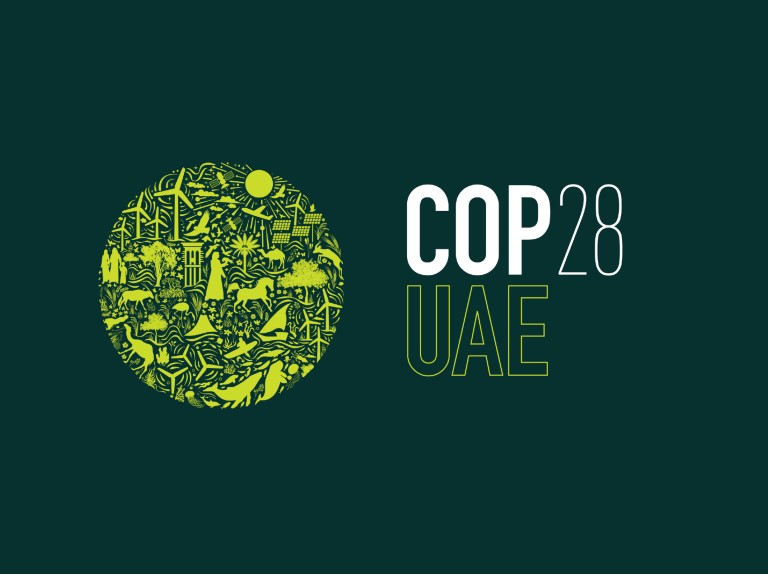The International Monetary Fund (IMF) is urging nations to expedite the shift towards renewable energy sources and capitalize on the momentum generated during the recent COP28 climate conference. This call to action underscores the urgency of addressing climate change while ensuring a smooth economic transition.
The IMF acknowledges the ambitious goals outlined at COP28, which included significant investments in clean energy infrastructure and stricter regulations on carbon emissions. The organization emphasizes the need for concrete steps to translate these aspirations into reality.
Kristalina Georgieva, IMF's Managing Director, highlighted the economic benefits associated with the green transition. "Embracing renewable energy presents a unique opportunity to unlock sustainable growth," she stated. "By investing in clean technologies, countries can create new jobs, bolster energy security, and safeguard the environment for future generations."
The IMF proposes a multi-pronged approach to facilitate a smooth transition. Firstly, it recommends substantial public and private sector investments in renewable energy sources like solar, wind, and geothermal power. This will require streamlining regulations and offering financial incentives to attract private capital towards green projects.
Secondly, the IMF emphasizes the importance of carbon pricing mechanisms. Implementing carbon taxes or emissions trading schemes would incentivize businesses and consumers to adopt cleaner practices. The revenue generated from these schemes could then be directed towards funding the green transition.
Thirdly, the IMF recognizes the need for a just transition that minimizes the economic and social disruptions associated with shifting away from fossil fuels. This includes providing targeted support to workers and communities reliant on traditional energy sectors. Reskilling and upskilling programs can equip these individuals with the necessary skills to thrive in the green economy.
The IMF acknowledges the challenges associated with this global transformation. Developing nations, often lacking the financial resources to invest in expensive renewable energy infrastructure, require significant international support. The organization proposes establishing a dedicated climate finance facility to channel funds from developed nations to developing countries.
Furthermore, ensuring a reliable and affordable energy supply during the transition is crucial. The IMF suggests exploring innovative solutions like smart grids and energy storage technologies to integrate renewable sources seamlessly into existing power grids.
The IMF's call to action comes at a critical juncture. The ever-worsening effects of climate change necessitate a swift and coordinated global response. By embracing the green transition, nations can unlock a new era of sustainable economic growth while safeguarding the planet for future generations.

